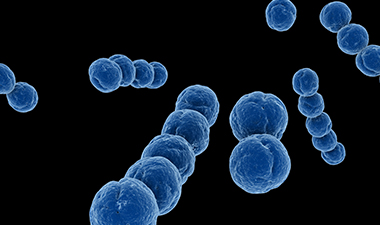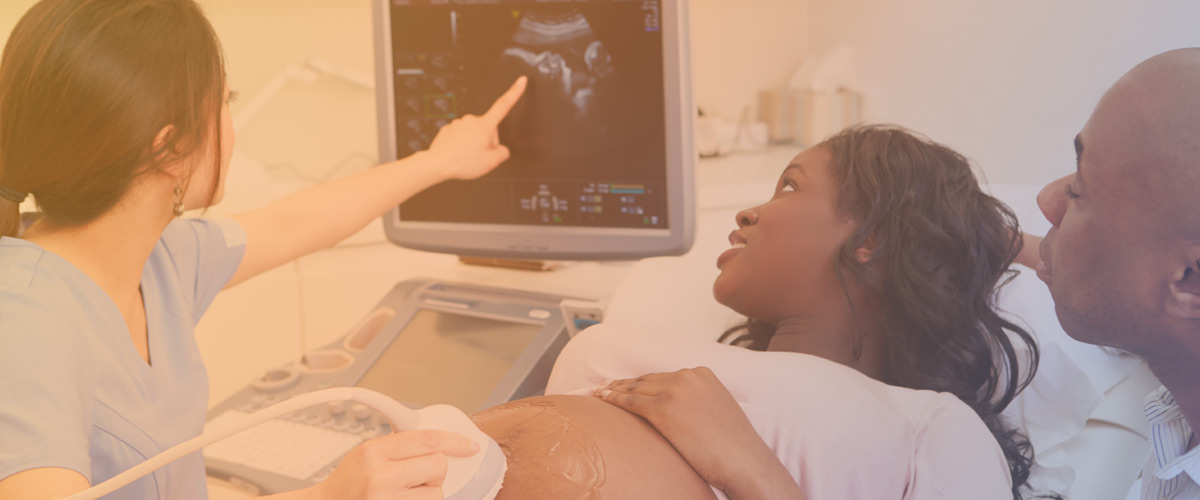Group B Streptococcus screening
Screening for Group B Streptococcus is a common and routine part of pregnancy.
What is group B streptococcus (GBS)?
 GBS is a common bacteria which is often found in the vagina, rectum, or bladder. Women often have GBS without having any symptoms. While the bacteria may not cause any problems for the mother, if it infects the baby it can cause rare but serious complications. Around 15-40% of all pregnant women are GBS positive. About 40-70% of those will pass the bacteria to their babies during the birth process, but only 1 in 2000 babies will develop an infection. It is recommended that all women be screened for the bacteria during pregnancy.
GBS is a common bacteria which is often found in the vagina, rectum, or bladder. Women often have GBS without having any symptoms. While the bacteria may not cause any problems for the mother, if it infects the baby it can cause rare but serious complications. Around 15-40% of all pregnant women are GBS positive. About 40-70% of those will pass the bacteria to their babies during the birth process, but only 1 in 2000 babies will develop an infection. It is recommended that all women be screened for the bacteria during pregnancy.
What does the screening test involve?
You will usually be screened for GBS between 35 and 37 weeks of gestation. The test is easy and painless, and is conducted by swabbing the vagina and rectum with a cotton-tipped swab. You have the option of doing the swabbing yourself. The swab is then cultured to see if GBS is present. Even if you have a planned Caesarean delivery, you will still need to be screened for GBS in case your water breaks or you go into labour before the scheduled delivery.
What are the risk factors for transmission of GBS to my baby?
Certain factors make it more likely that your baby will become infected with GBS, if you test positive for GBS. These include:
- Starting labour or rupture of membranes before 37 weeks gestation
- Your membranes rupture during labour at full term, and the labour it is likely to last more than 18 hours
- You have an unexplained, mild fever during labour
- You have previously had a baby with a GBS infection
- You have had GBS detected in your urine or have had a bladder infection caused by GBS
What if I test positive for GBS?
If you test positive for GBS or have any of the above conditions, you will be treated with intravenous antibiotics when you go into labour, or if your water breaks early. Although it is rare, your baby will still be monitored closely for symptoms of an infection. An infection may show up in the first 7 days, or after that. The early-onset type of infection can be very serious, and this is why GBS-positive women are treated during labour. If your baby shows signs of GBS infection, he or she will be treated with antibiotics.

